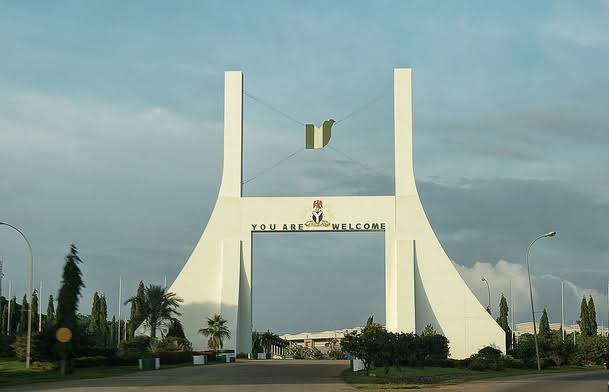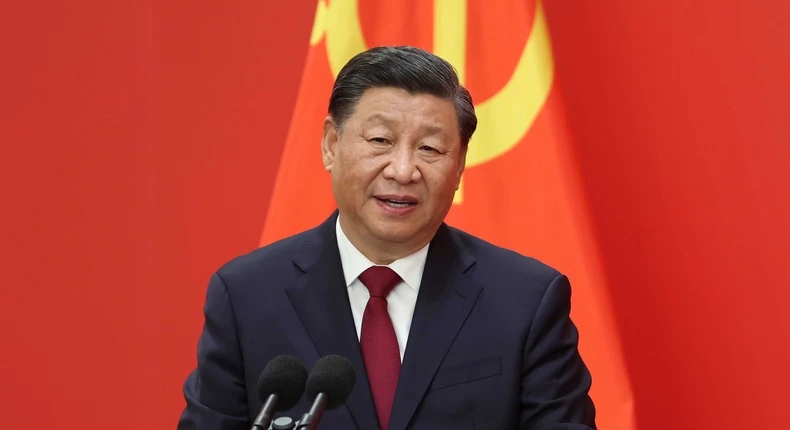Power generation in Nigeria reached a peak of 3,624.34 MW on Thursday after engineers from the Transmission Company of Nigeria restored the national grid, which had collapsed the previous day.
It was also reported that the Federal Government stepped in to address the issue of gas supply to generation companies, as gas suppliers had halted deliveries due to a debt of approximately N2.7 trillion owed by the Gencos.
On Tuesday, it was reported that wholesale gas-producing companies had stopped supplying natural gas to power generation companies due to unpaid debts from previous deliveries.
This disruption led to widespread power outages across Nigeria on Wednesday, following the collapse of the national power grid. The incident marked the 12th grid collapse of the year.
The national grid went down at approximately 1:36 pm on Wednesday, with power generation dropping to 0.00 MW by 2 pm.
However, data from the TCN revealed that the grid was restored by Thursday, with power generation reaching 2,412.89 MW around 1 am.
It climbed to a peak of 3,624.34MW around 7 pm on Thursday, indicating that gas suppliers had either delayed or suspended their threat of halting gas supply to electricity generation companies.
Nigeria generates an average of 4,500MW of electricity. About 70 per cent of this quantum of energy is produced by gas-fired power plants. A halt in gas supply by producers would mean a crash in power generation and a massive blackout nationwide.
Senior officials at the Federal Ministry of Power affirmed that the Federal Government would not allow gas suppliers to cause a nationwide blackout by cutting off supply.
They stated that the government intervened to address the gas supply issues, which led to the restoration of the grid and the generation of over 3,500 MW of electricity on Thursday.
“The government cannot allow the gas supply to be cut off,” a senior official at the FMP, who spoke to our correspondent in confidence due to lack of authorisation to speak on the matter, stated.
Another source at the ministry said, “Over 70 per cent of Nigeria’s power plants are fired by gas, so how do you think the gas suppliers will stop the supply of gas to Gencos and the government will allow it? The government is tackling the issue, that is what I can tell you now.”
Insiders believe that the government will likely intervene by settling some of the gas debts, as it has done in the past, but not necessarily by directly meeting with the gas producers.










